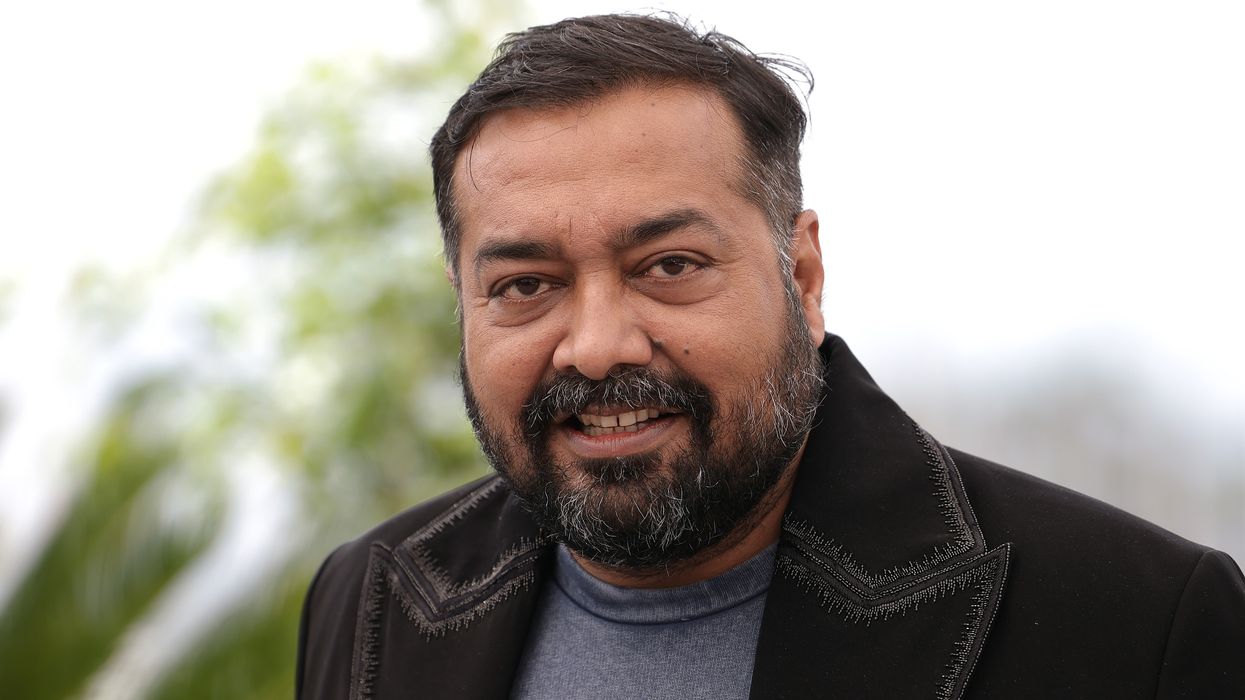Whether it is being part of obviously terrible films, making ill-advised personal choices, or even engaging in criminal behaviour, Indian cinema personalities have made some truly terrible decisions over the years.
Director-turned-wannabe actor Anurag Kashyap recently added his name to that list of silly celebrities with something not only indefensible but staggeringly stupid.
Never one to bite his tongue, the (overrated) director of hard-hitting films like Gangs of Wasseypur, Dev.D, Raman Raghav 2.0 and Black Friday has long been a vocal critic of the establishment – but this time, he took it too far. In response to a social media comment, Kashyap wrote that he would “urinate on Brahmins”.
The backlash was immediate and brutal, with the filmmaker claiming he and his family received multiple death threats. Outrage erupted from many quarters – social media users, celebrities, and media commentators all condemned his remark. Instead of issuing an immediate apology, he initially tried to ride out the storm. It only grew worse. Even some of his staunchest supporters struggled to defend his choice of words. In a country grappling with growing religious polarisation and rampant online toxicity, his statement was not only irresponsible but provocative and inexcusable.
While his desire to speak out against the negative impact of casteism in India may have come from a sincere place, replying in such a manner was, frankly, a spectacularly foolish move. After mounting pressure, Kashyap issued a lengthy apology on social media, acknowledging the hurt he caused, including to the Brahmin community and his own family.
He wrote: “I never intended to say what I did, but while replying to a disgusting comment in a fit of rage, I ended up writing that. I apologise to all my friends, colleagues, my family, and the community for my choice of words and the offensive language used. Going forward, I will work on this. I will work on controlling my anger. If I need to raise a point, I will do so using the right words. I hope you all will forgive me.”
But words have consequences – and in this case, they may well be career-ending. This is particularly true for a filmmaker who has already struggled in recent years to get projects sold or released.
That one reckless post may turn him into an outcast. Stars are unlikely to risk being associated with him now that the controversy carries so much baggage. Producers, already wary of his unpredictable nature and patchy box office track record, will think twice before attaching his name to anything. Streaming platforms will be similarly reluctant. As a result, getting a project greenlit – whether as writer or director – will become increasingly difficult.
All of this comes at a time when Kashyap had been attempting to reinvent himself as an actor, taking on a range of roles. But now, any film he appears in will likely face calls for boycotts, online trolling, and orchestrated outrage campaigns, making casting him an unappealing prospect for future filmmakers.
In many ways, this episode mirrors his filmmaking journey: bold concepts undermined by reckless execution. Kashyap has never lacked strong ideas, but too often, he has lacked the discipline or intellectual clarity to deliver them effectively. The same holds true here. His frustration with casteism and Brahminical privilege is one shared by many. But rather than expressing his views with precision and impact, he opted for provocation – a tactic that has spectacularly backfired.
It is good to speak up, but India today is no place for careless words, particularly from public figures. The country’s current climate thrives on outrage and lacks nuance. One sentence can erase decades of work. Kashyap’s comment has likely torched whatever remained of his mainstream career. The apology may have been an attempt at damage control, but it is unlikely to succeed in this climate.
A man who once used his art to call out injustice has now been undone by his own words. Perhaps the greatest tragedy is that he was – however misguidedly – trying to speak up for the marginalised. But with one ill-thought-out reply to a social media post, he has managed to marginalise himself.




